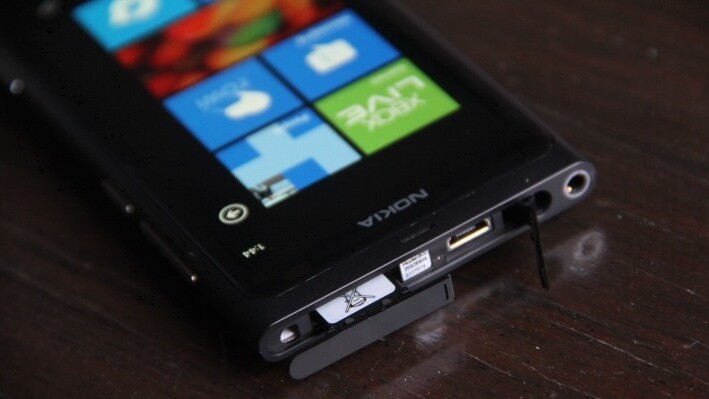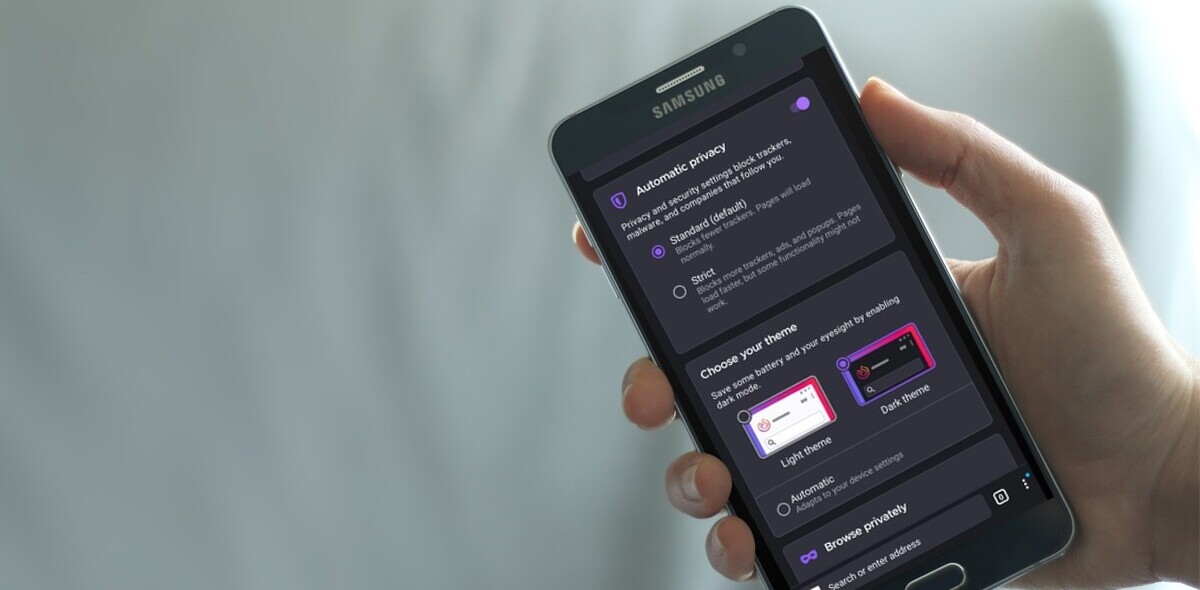
As Windows 8 slowly wraps up into a finished product, there is one element of the operating system that we are keeping a very close eye on: its app marketplace, what Microsoft has named the ‘Windows Store.’ Two things are at the forefront of our mind: who will build apps for it, and what they will look like?
Microsoft is pushing other firms to adopt the ‘Metro’ design aesthetic, even if it is unlike what they are used to building; it wants Windows 8 to have its own look and feel, one that is cohesive, whole, and unique. Today we look at Firefox, built by Mozilla, and how the company is approaching the Windows Store.
Perspective
First up, being the default browser on a computer is a big darn deal. It keeps a user in the confines of that one product, meaning greater usage, and therefore market share and revenue for that platform. Mozilla’s view is that if you don’t have a Metro version of your browser, you can’t be a default option at all: “If a browser is awesome on Metro, the only way to use this awesome browser in Metro is for it to become the default. If a browser is default on Metro, it will also be default on the Desktop.” This means that, as expected, every browser will be forced to go Metro.
However, there is much more going on here, in the eyes of Mozilla:
“If a browser does not support Metro, it is seriously at risk of losing […] significant market share. […] It is extremely important that we deliver an awesome Firefox experience on Metro, one that is tightly integrated with the platform, fast, and feature rich. Windows is by far the platform with the most users and which has the biggest effect on market share.”
That’s a rather pleasant way of saying, ‘Windows 8 is going to matter quite a darn bit, and so if we want to remain relevant, we need to make sure that not only do we support it, but that what we build is awesome.’
Microsoft must be dancing when it hears views like this; support for Windows 8, and the Windows Store, it appears, is assumed by certain top brands. If Mozilla feels this way, I anticipate that so do other majors.
Product
Now, to the fun part. Here are the released screenshots of Firefox running in Windows 8. Enjoy:




As Ed Bott noted, “[c]onsidering that development began only a few weeks ago, the progress to date is reasonable.” What’s very cool about this Firefox project is that the company has managed to use its mobile browser, Fennec, in Windows 8. Using its mobile code, Mozilla has “a multi-process capable browser for free,” it stated. Work remains to be done, especially in regards to its user interface, but from a performance perspective, things are looking positive:
We used to use Fennec XUL on Android, but changed to a Native UI on Android for startup performance reasons. We haven’t seen the same types of startup performance problems we’ve had on Android yet, even on VMs.
Most excellent. As Mozilla makes more progress, we’ll bring it to you.
Get the TNW newsletter
Get the most important tech news in your inbox each week.




